Recently, Ag Secretary Sonny Perdue took what appears to be just the first step in relaxing the Healthy, Hunger-Free Kids Act (HHFKA) nutritional guidelines, which have dramatically improved the nutritional quality of school meals. He made a provision allowing schools to offer flavored skim milk, indefinitely postponed implementation of the Target 2 sodium restriction and allowing schools to defer whole grain compliance through the current waiver indefinitely. In addition, some in Congress seem to have their sights set on compromising the nutritional quality of school meals even further.
These political maneuverings compromise the health and future of our country’s students by ignoring significant evidence that consistent, sound nutrition leads to more engaged, less disruptive students, improved attendance, higher test scores and healthier habits for a lifetime.
Media have frequently cited school districts’ difficulty meeting the federal nutritional guidelines and students’ displeasure with the foods served in their schools. Like all changes, particularly those not implemented gradually, the new nutritional guidelines presented challenges initially. CKC did not experience these challenges because we thoughtfully and gradually adapted our recipes to the new guidelines long before we were required to do so. Our executive chef creatively incorporated whole grains and the various vegetable subgroups into new, fresh recipes. We didn't just substitute brown rice for white rice and consider ourselves finished. Our efforts paid off as we didn't experience a decline in participation and have even seen increasing participation.
Now after five years, most schools/districts and their students have largely adjusted to the new nutritional guidelines. Recipes have improved as manufacturers have caught up to the guidelines and now offer more products lower in sodium, calories and fat, and incorporate whole grains well. Farm-to-school initiatives providing fresh produce, grains and meats from local producers and processors are flourishing in schools and supporting local economies. The schools and districts our company serves are reporting increases in lunch participation – to rates higher than before the current guidelines took effect.
The Atlantic recently reported, “Students at schools that contract with a healthier school-lunch vendor perform somewhat better on state tests—and this option appears highly cost-effective compared to policy interventions that typically are more expensive, like class-size reduction…Healthier meals could raise student achievement by about 4 percentile points on average.”
As kids’ primary source of nutritional meals, schools and out-of-school programs are critical links to regular, healthful meals for kids, particularly at-risk youth. Without these meals, they may go hungry or rely on inexpensive, processed foods with marginal nutritional value. Studies have shown low income families consume more foods high in sugar, sodium and fat – foods that don’t provide children the necessary nutrients to grow, develop and study.
We wholeheartedly believe our nation’s youth deserve the best, most wholesome foods we can provide and, particularly at-risk youth, need a consistent source of nutritional meals through their schools, and after-school and summer enrichment programs. Rolling back the current federal standards will only compromise the health and welfare of our youth – the future of our country. For this reason, CKC pledges to stay the course with the nutritional quality of our current menus.
We encourage you to contact your Congressional delegation and urge them to maintain the current nutritional guidelines. You can find contact information through the links below:


